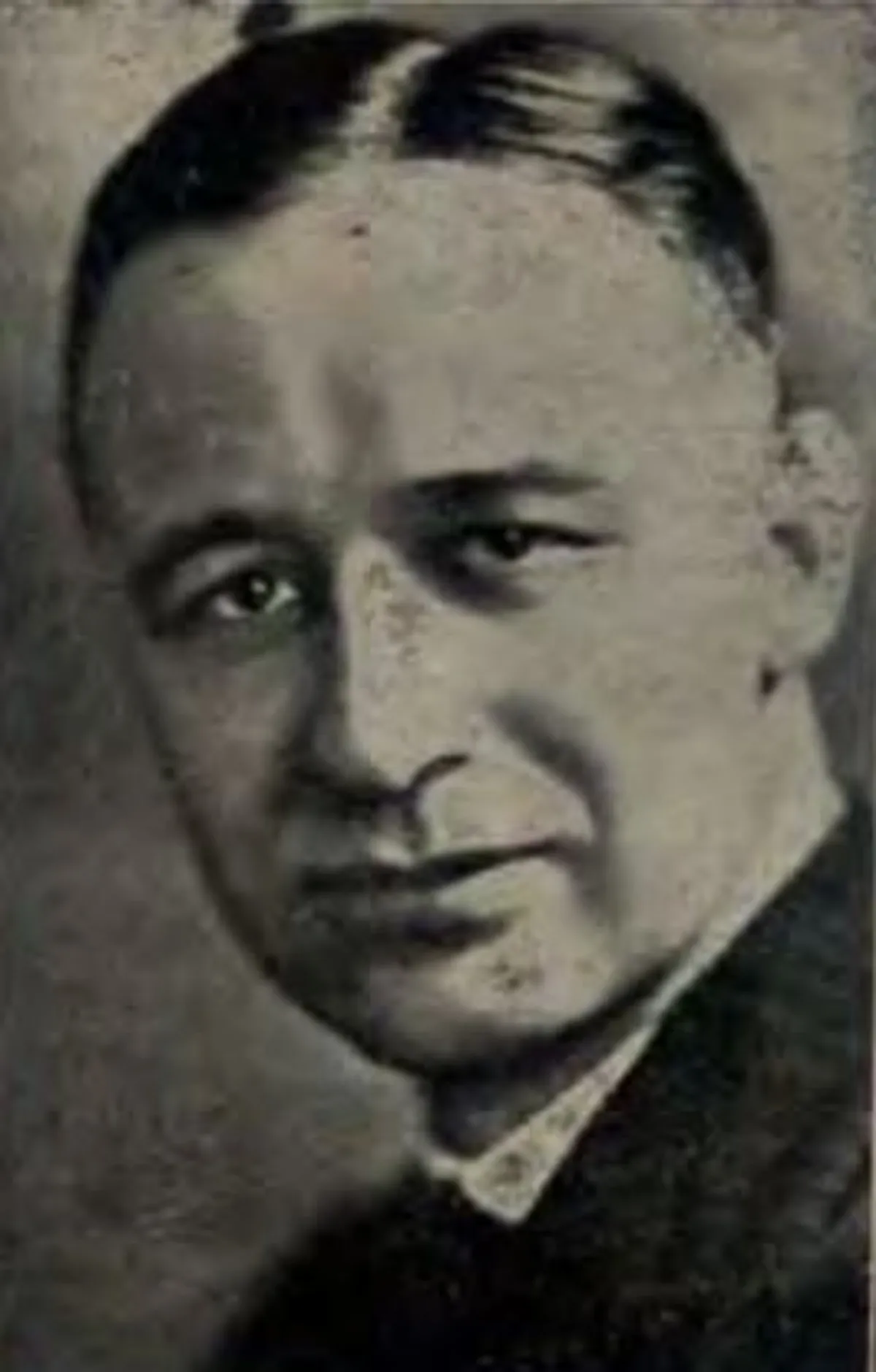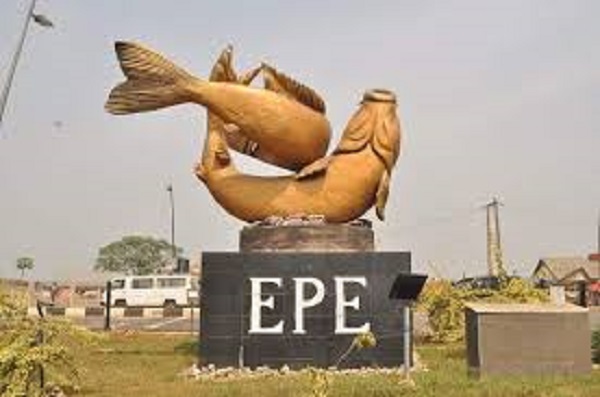Remembering the Wrekin MP who gave his life 85 years ago attempting to save women and children after a U-boat attack
By Mark Andrews
Copyright expressandstar

But even during the darkest days of the Second World War, the sinking of SS City of Benares left a nasty taste in the mouth.
On September 13, 1940, the ship left Liverpool bound for Montreal, with 408 people aboard, 90 of them children who were being evacuated for supposedly safer climes across the channel. Also aboard the ship were their 10 escorts – including three men and seven women – and Col James Baldwin-Webb, MP for the Wrekin.
Baldwin-Webb was remembered in the House of Commons this week, the 85th anniversary of his death, for his efforts in trying to save fellow passengers aboard the ship, which also carried a number of refugees from Nazi-occupied countries.
Mark Pritchard, today’s MP for the constituency, told fellow MPs: “I pay tribute and honour to my predecessor, who did so much for The Wrekin constituency, for the war effort, both world wars, especially in helping the dying and injured in his important Anglo-French Ambulance Corps role, and for saving many lives, before his ship went down to the depths, as the result of a German U-boat attack.”
Baldwin-Webb, a veteran of the First World War, was on the ship in a civilian capacity. Raised in Sutton Coldfield, he served for a time as a councillor in Birmingham, before being elected as Conservative MP for the Wrekin in 1931, defeating Labour incumbent Edith Picton-Turbervill.
He used his maiden speech in the House of Commons to move a motion urging the National Government of Ramsay MacDonald to create employment by carrying out public works in areas of the greatest need. He also secured concessions on unemployment insurance for workers in the sugar beet industry, a source of seasonal employment for many in the constituency.
But he was probably most fondly remembered for what became known as the ‘Baldwin-Webb trips’, day trips to London and seaside, which were also used to promote the Wrekin’s industry. It was estimated that between 5,000 and 7,000 people a year took advantage of the trips.
In the First World War, Baldwin-Webb served on the Western Front, taking part in the Battle of the Somme, and served on the staff of the Third and Fourth Armies of the British Expeditionary Force.
But Baldwin-Webb did not see active service during the Second World War, instead continuing to appear in Parliament. But he later became involved with the British Volunteer Ambulance Corps, and was heading to do work for the Red Cross in Canada when he boarded Benares.
Few of the passengers aboard the ship would have been in any doubt it was a risky voyage, not even the youngest ones. Two of the children, Patricia ‘Pat’ Allen, 12, of Liverpool, and Michael Brooker, 10, from Kent were already described as ‘veterans’ by the other children, having survived a U-boat attack on SS Volendam, another evacuee ship. The Volendam did not sink and the children escaped in lifeboats, but it must have been a terrifying experience nonetheless. Pat returned home to discover her house had been destroyed.
Among the passengers were also a number dissidents fleeing the Nazis. Among them were Hungarian journalist Ernest Szekulesz, who survived. He would later recall seeing Baldwin-Webb help women and children into the lifeboats.
One of them, Ika Olden, was the wife of Rudolf Olden, a celebrated German journalist who had first exposed Nazi persecution of Jews as early as 1934. Ika was reluctant to enter the lifeboat without her husband, but Baldwin-Webb coaxed her into it. He persuaded Anne Fleetwood-Hesketh, wife of his parliamentary colleague Roger Fleetwood-Hesketh, to enter the lifeboat as well. Mrs Fleetwood-Hesketh had insisted that the children should go first, but eventually she reluctantly climbed into the same boat as Mrs Olden. Tragically, they both perished when the lifeboat capsized, while Roger Fleetwood-Hesketh survived.
Philosopher Anthony Quinton, and German writer Monkia Lanyi, whose husband perished in the disaster, watched Baldwin-Webb plunge from the deck, some 40-50 ft above, before landing in the water. Quinton, who later rose to fame as presenter of BBC Radio’s Round Britain Quiz, thought he saw Baldwin-Webb smile, before he fell ‘unmoving and lifeless in the water’.
The Shrewsbury Chronicle hailed Baldwin-Webb a hero for his selfless efforts to save other people ahead of himself, and he is commemorated in Parliament with a heraldic shield. Baldwin-Webb Avenue in Donnington is also named after him.
He died aged 46.
Seventy-seven of the 90 child evacuees perished, mostly from exposure. Four of the 10 children whose families had paid for them to be aboard the ship also died. Just 148 of the total 408 passengers survived.
The Germans insisted the ship was a legitimate target, and the Nazi propaganda machine claimed that Baldwin-Webb and Rudolf Olden were on a mission to persuade the neutral United States to enter the war. It claimed plans were in place for the ship to transport war materials back to Europe on the return voyage.
The Allies condemned the ‘barbaric’ actions of the Germans, and there was an outpouring of sympathy and support for those who had lost children in the sinking. Churchill was so distressed that he cancelled all future plans to evacuate children overseas.



